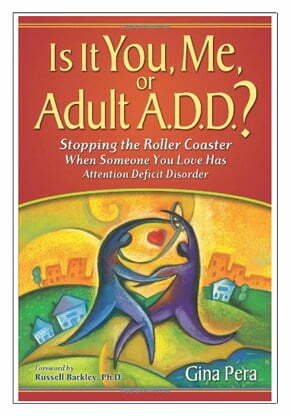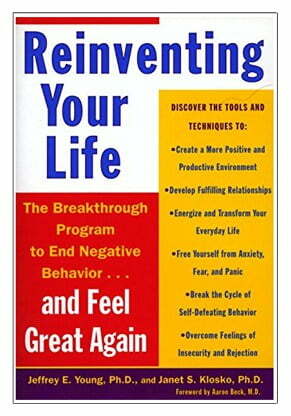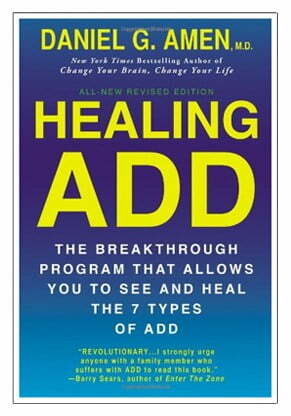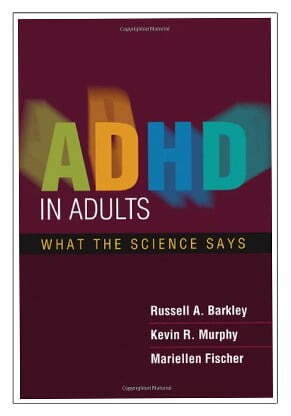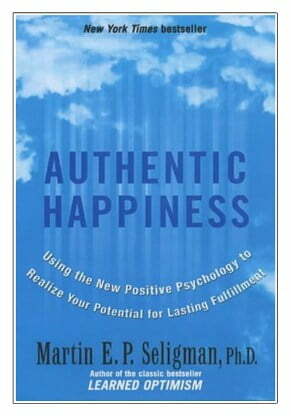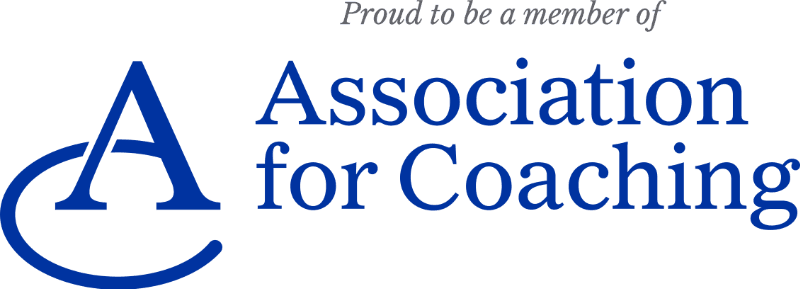Emphasis on executive functions
In “Late, Lost, and Unprepared: a Parents’ Guide to Helping Children with Executive Functioning”, Joyce Cooper-Kahn & Laurie Dietzel, clinical psychologists, aim to help children who “despite their best intentions, often do their homework but forget to turn it in, wait until the last minute to start a project, lose things, or have a room that looks like a dump!”.
The advice is relevant, as ADHD affects communications with the frontal lobes, where Executive Functions are located. The authors suggest ways to improve Impulse Control (taking turns, interrupting), Cognitive Flexibility (new situations, frustrations), Initiation (homework, activities), Working Memory (directions, note-taking), Planning & Organizing (homework, schedules), Self-monitoring (errors, staying on topic).
Ironically it is these same weaker executive functions that make ADHD children and adults so special: their humour, creativity, passion and empathy comes from this same neurology. So I am wary of the premise that there is a right way for executive functioning to work, that there is a “normal” way to behave. I prefer to combine these techniques with greater support, to concentrate on the child’s strengths and passions, in finding ADHD-friendly solutions and in creating a life to fit a child’s character.
